In Year 8, compulsory subjects for the full year are Religious Education, English, Mathematics, Health & Physical Education, Science and Humanities. Year 8 students must also select a Language stream, two Arts electives plus two Technology electives.
Religious Education
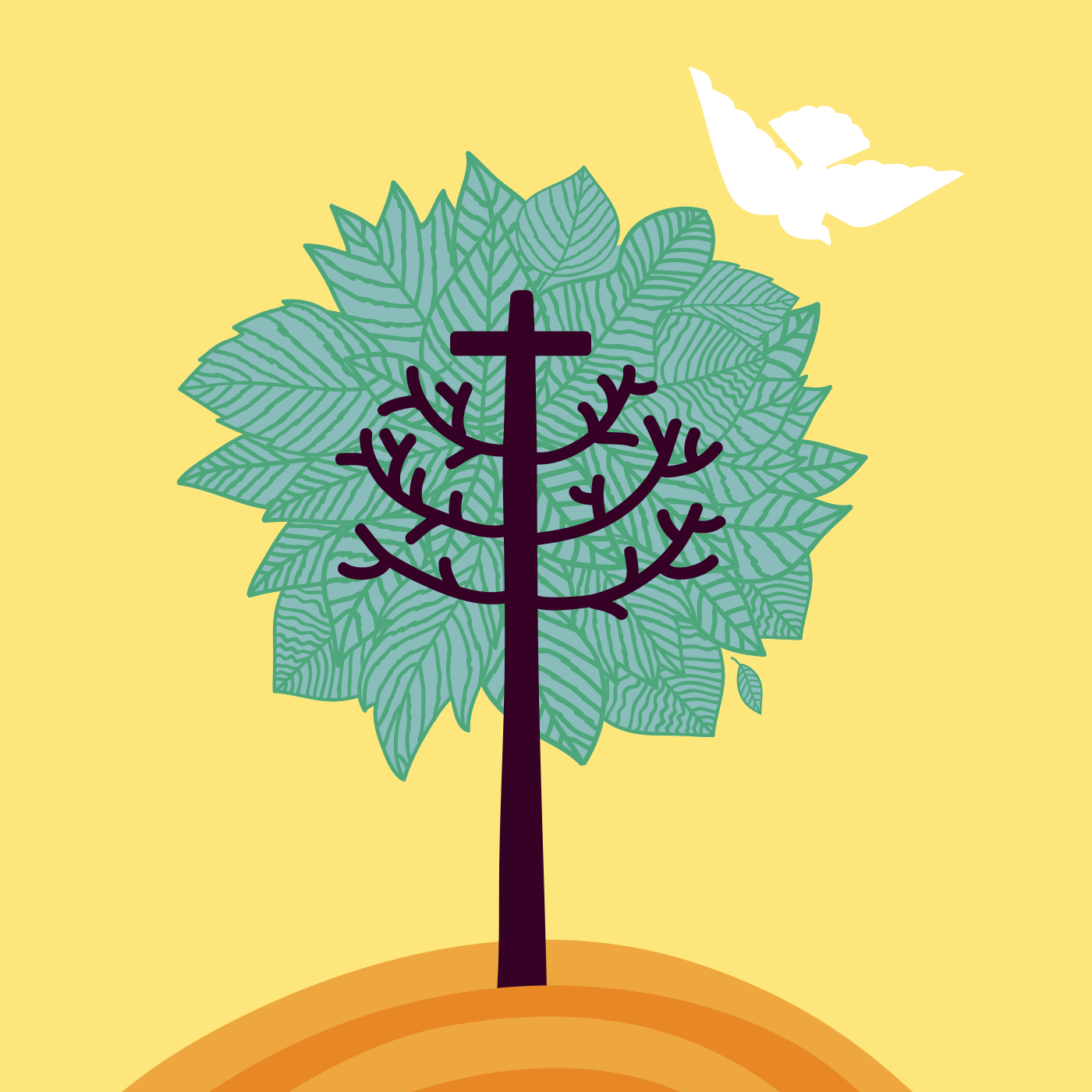
Overview
In Year 8 Religious Education, students build on the knowledge and skills gained in Year 7. The topics explored include: the Parables and Miracles of Jesus where students come to understand the nature of parables and miracles and why Jesus chose to use them as a teaching tool. Students also study St. Paul and the early church, examining how the Christian church came into being as well as the key events and personalities that shaped it in its infancy including Pentecost, St. Paul, Roman persecutions and the Council of Jerusalem. Students are also introduced to the concept of social justice and the rich history of it in the Catholic church, examining the principles of social justice and how they are being applied in our modern context. They are also invited to examine how they themselves might be able to apply the same principles in their lives. Finally, students explore the sacramental nature of the Catholic church, being introduced to the seven sacraments in a detailed study of the Initiation, Service and Healing sacraments.
Assessment
Assessment consists of creating a storybook on parables and miracles, research reports, tests, presentations and reflections.
English

Overview
All students study English as a core subject. The English curriculum is built around three interrelated strands of: Language, Literature and Literacy. Together the strands focus on developing students’ knowledge, understanding and skills in listening, reading, viewing, speaking, writing and creating. In-school events and excursions such as performances, guest speakers and extended writing activities are an integral aspect of Year 8 English.
Assessment
Assessment consists of text responses, oral presentations, creative writing and language analyses.
Mathematics
Mathematics is a core subject that must be undertaken for a full year. The focus of the Year 8 Maths course is to develop each student’s skills and understanding through independent activities, group work and problem solving. Areas of focus include perimeter, area and volume of shapes; performing operations with integers, fractions, decimals; solve problems involving discount, profit and loss; substitute into algebraic expressions, add/subtract like terms, perform operations with algebraic terms, expand brackets; and investigate statistics using sample and population data, use measures of centre and spread to analyse data. Strategies to solve algebraic equations are consolidated further throughout the year, building a strong foundation for the middle and senior years. Students are exposed to ratios and rates in a real world context.
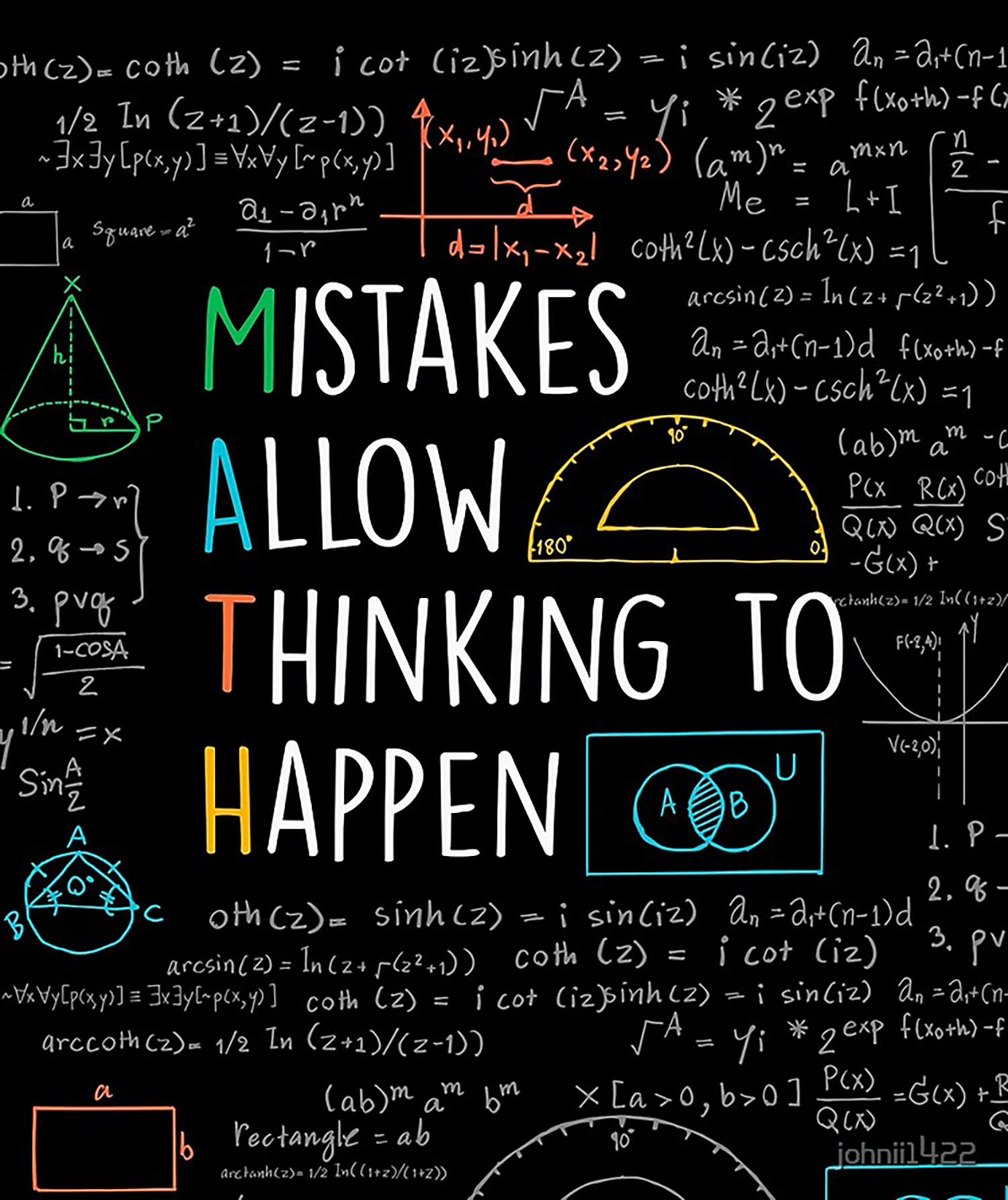
Overview
The content covers the following 6 strands:
- Number
- Algebra
- Measurement
- Geometry
- Statistics
- Probability
Students are required to learn, practise and apply mathematical algorithms, routines and techniques both with and without the use of a scientific calculator. Students engage in activities which develop:
- knowledge of facts and technical skills
- depth of conceptual understanding
- ability to communicate using clear and precise mathematical language
- ability to tackle non-routine problems in an organised and systematic way
- ability to apply what has been learned to solve real life problems
- ability to conduct investigations using mathematics
- logical reasoning and understanding of proof at the appropriate level of sophistication
- practical ability in measuring, estimating and making sensible use of calculators and computers.
Assessment
Assessment is based on skills, problem-solving, investigations and application tasks. There is continual assessment throughout the year with reports issued at mid-year and the end of the year. There are no formal examinations in Year 8.
Science

Overview
All students study Science as a core subject. Throughout the year, they complete units on Scientific Investigations, Chemistry, Cells, Energy, Sound and Light, Body Systems and Geology.
You will also engage in activities which develop your ability to:
- Identify questions, problems and claims that can be investigated scientifically and make predictions based on scientific knowledge
- Collaboratively and individually plan and conduct a range of investigation types
- Measure and control variables, and select equipment to collect data with accuracy appropriate to the task
- Collect and use a range of representations including graphs, keys and models to record and summarise data from their investigations or from secondary data, and analyse patterns and relationships
- Communicate ideas, findings and solutions to problems including identifying impacts and limitations of conclusions and using appropriate language and representations
Assessment
Each semester students will complete a variety of tasks, including topic tests, formal practical reports and assignments.
Humanities: Civics and Citizenship, Economics and Business, Geography and History
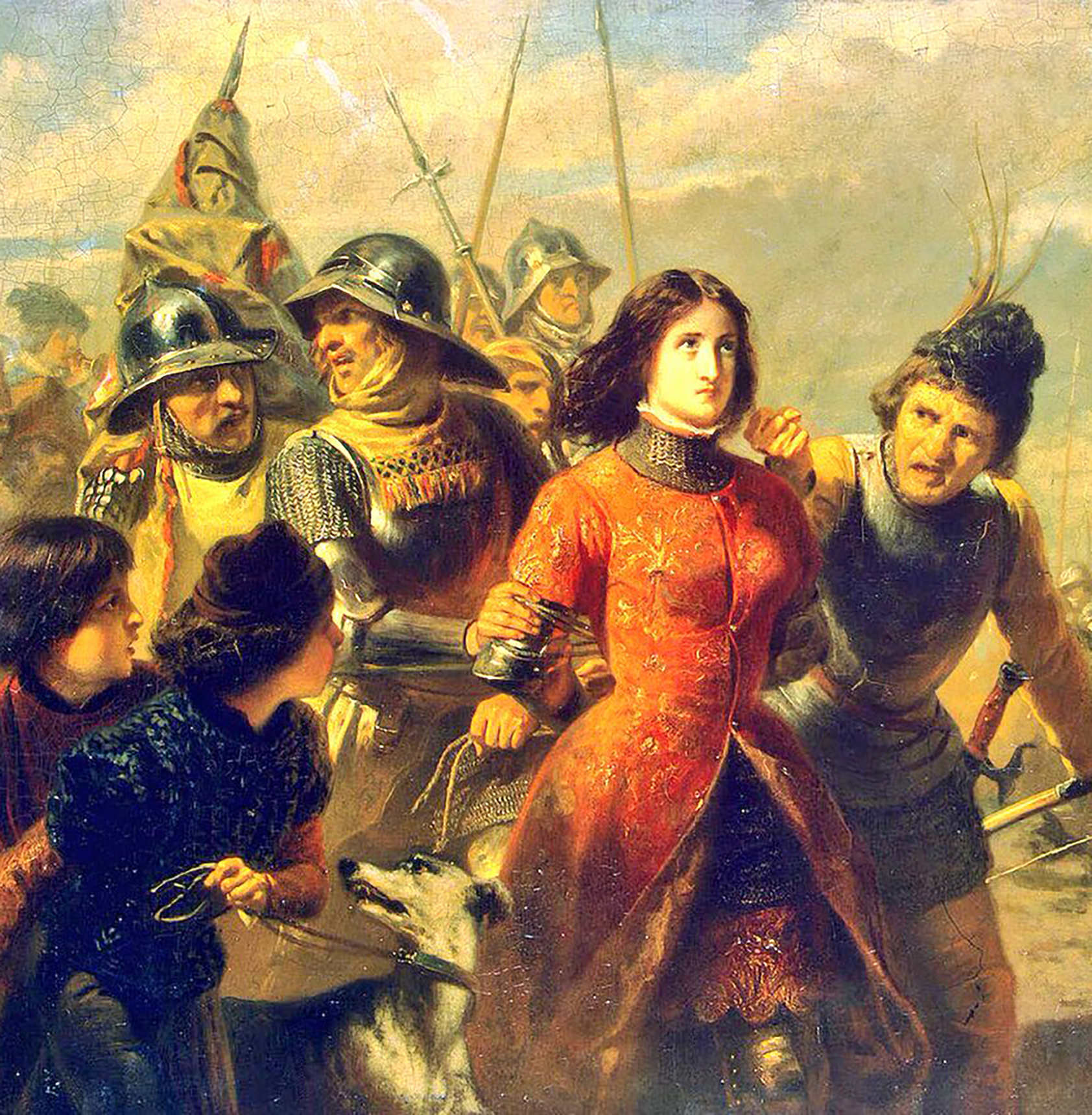
Overview
All students in Year 8 study Humanities for the full year. Students complete units in Civics and Citizenship, Economics, Geography and History.
Civics and Citizenship
Students develop their understanding of the principles and features of Australia’s systems of government and the main participants in Australia’s democratic institutions, including citizens. Students examine the characteristics and types of law in Australia, the democratic nature of institutions and the relationship between individuals, communities and contemporary Australian society.
Economics and Business
The focus of learning in this unit is on individuals, businesses and entrepreneurs within a personal, community and national context, and Australian markets within a national context.
Geography
Students’ geographical knowledge and conceptual thinking are further developed through:
- Landforms and landscapes, examining landforms (major elements in the environment) and the geomorphological processes that produce them, and exploring the significance and meanings of landforms for people.
- Changing nations, examining urbanisation as a process that is transforming the world, and the urban patterns and issues it produces in both urbanising and highly urbanised countries.
History
Students explore the medieval and pre-modern worlds and learn about the characteristics of societies in the 6th to 16th centuries, including continuity and change in systems of government, social organisation, ideas and religion, the causes and consequences of trade, war and expansion, and the experiences and perspectives of individuals and groups in the varied societies of Europe and the Mediterranean world, the Americas, Asia and the Pacific region.
Assessment
Assessment consists of research tasks, data and document analyses, tests, written responses and fieldwork.
Health & Physical Education
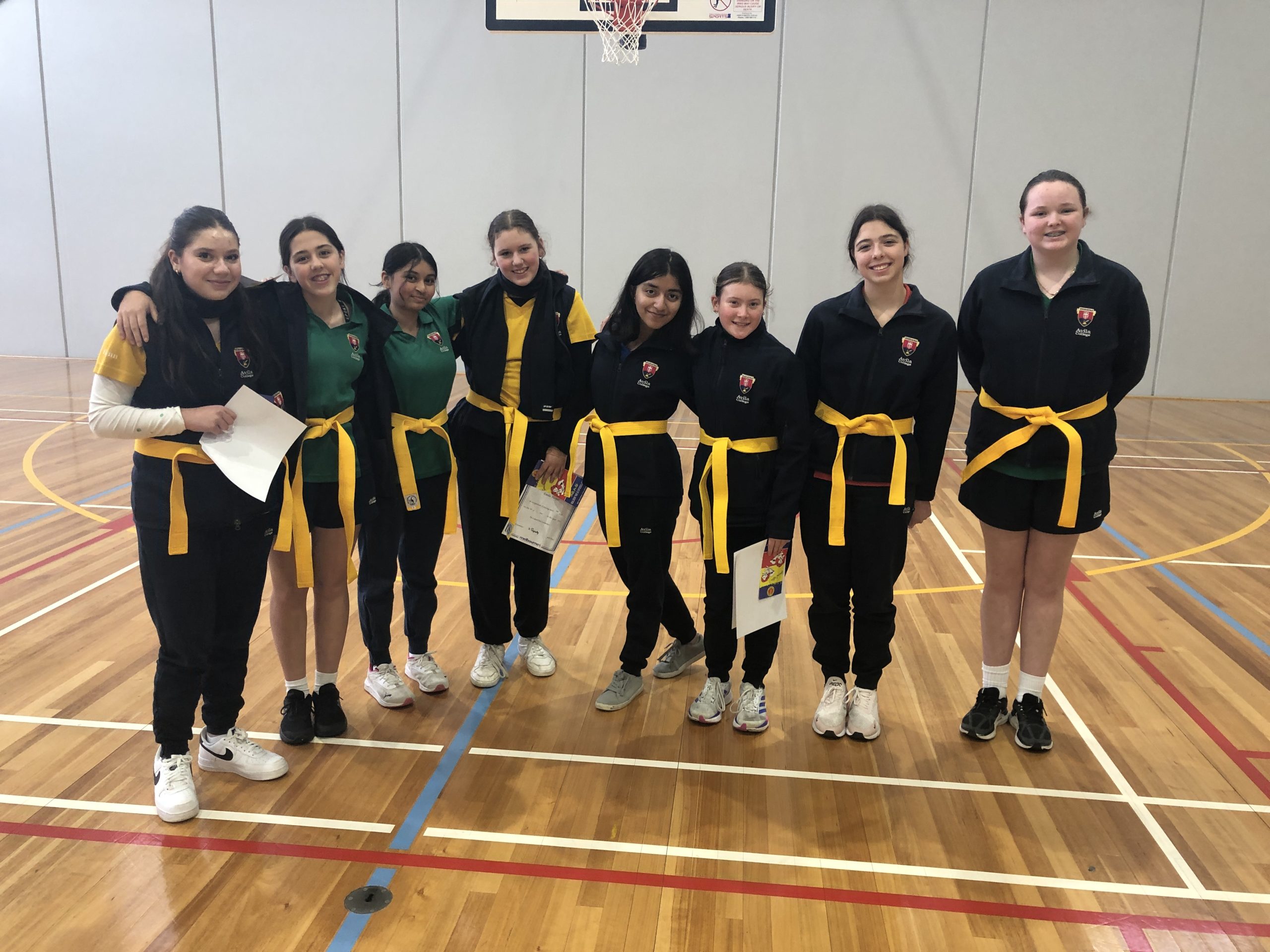
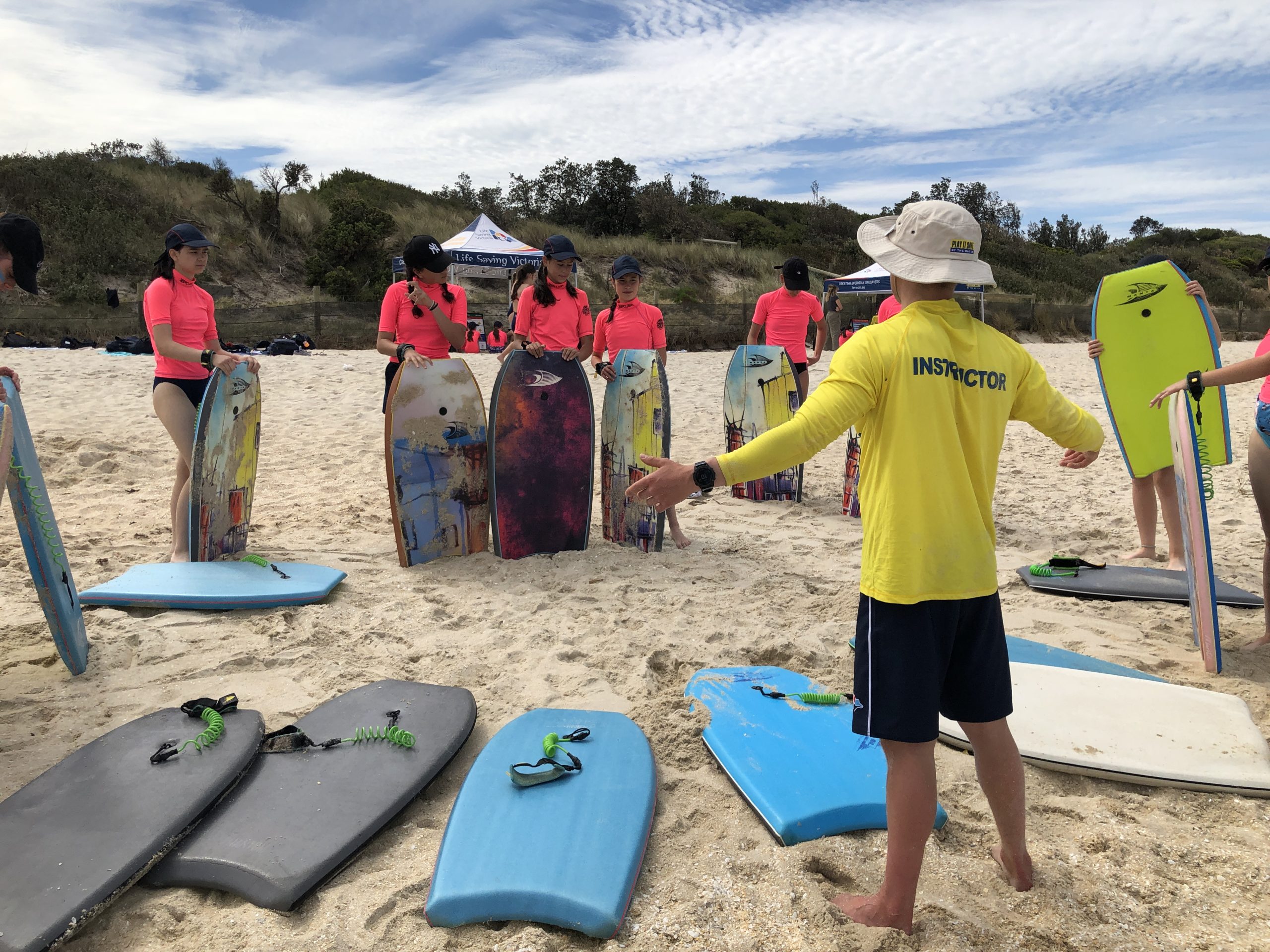
Overview
The Year 8 Health and Physical Education Curriculum is informed by a strengths-based approach. Rather than focusing only on potential health risks or a deficit-based model of health, the curriculum has a strong focus on supporting students to develop the knowledge, understanding and skills they require to make healthy, safe and active choices that will enhance their own and others’ health and wellbeing. Health and physical education is the key learning area in the curriculum that focuses explicitly on developing movement skills and concepts students require to participate in physical activities with competence and confidence.
Students undertake units of work ranging from mental fitness and alcohol and other drugs to themed-based physical activities such as gymnastics – movement sequences, thematic games, self-defence – Taekwondo, cultural games, sports aerobics and Sport Education in Physical Education Program (SEPEP).
Assessment
Avila health and physical education students will approach learning by utilising their critical thinking, creativity, communication and collaboration skills. In doing so, they will develop the key character qualities of curiosity, initiative, persistence, adaptability, leadership and social awareness. Students will undertake a variety of common assessment tasks which include:
- Collaborative tasks
- Reflective journals
- Self and peer assessments
- Theoretical tests
- Skills assessments
Pathways
Year 9 Health and Physical Education.

